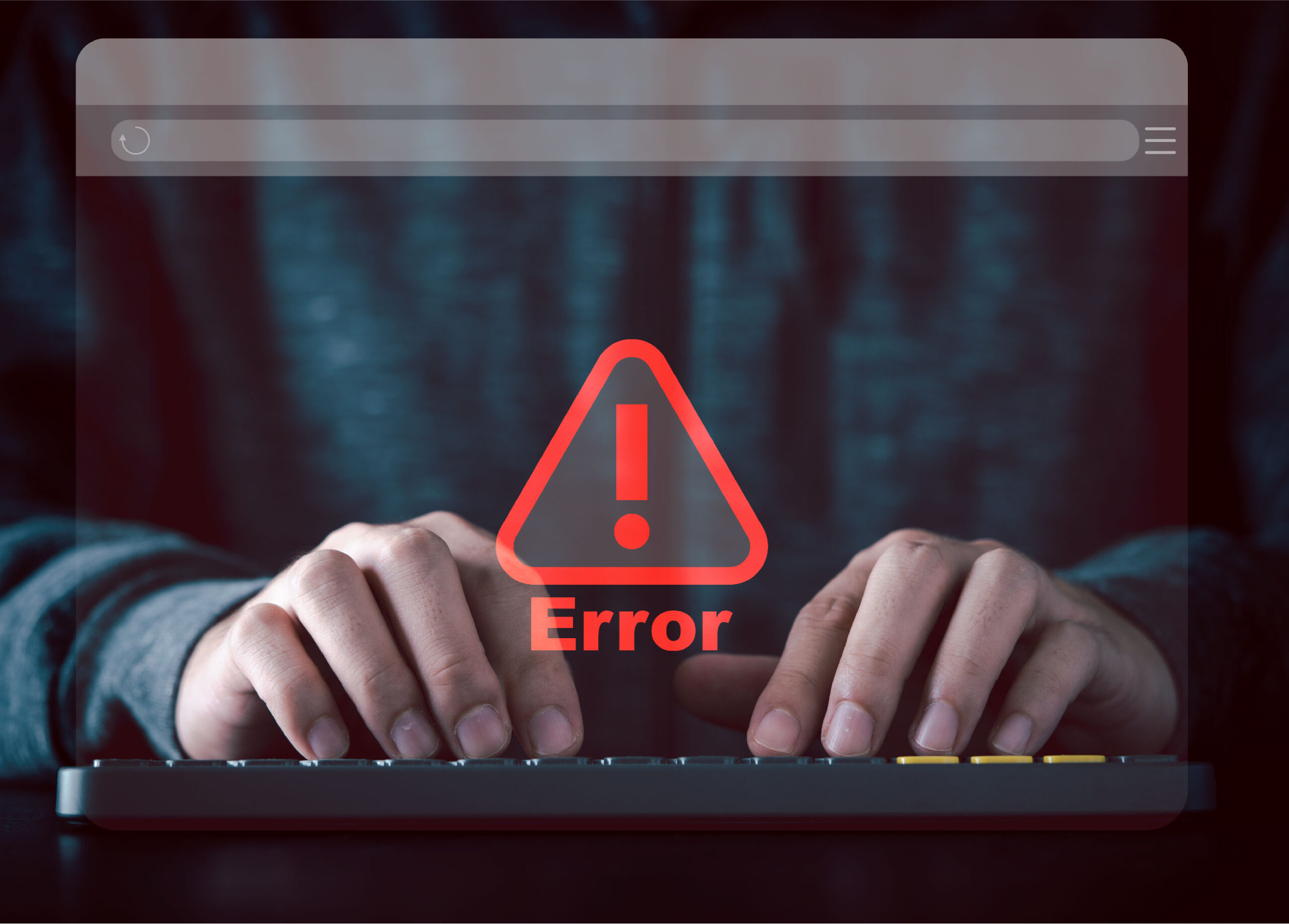


Legal translation is one of the most high-stakes areas in the language services industry. Inaccuracies don’t just cause confusion — they can lead to lawsuits, rejected filings, and damaged reputations. When dealing with Arabic↔English legal documents, the risks are even higher due to the structural, cultural, and legal system differences between regions.
Here are five common mistakes made in Arabic↔English legal translation, and how to avoid them:
1. Mistranslating Legal Terminology
Arabic legal systems often operate under civil law, while English-speaking countries may follow common law. Directly translating terms like “tort,” “injunction,” or “breach of contract” without understanding the legal context leads to misrepresentation. Always use a translator with a legal background — not just a general linguist.
2. Ignoring Tone and Formality
Legal documents require formality and a specific tone. Arabic contracts use formalized phrases that carry legal weight. Dropping those in translation can reduce the enforceability of a document. Accuracy isn’t just about the words — it’s about maintaining a legal tone and register.
3. Using Generalist Linguists
A linguist who’s great at marketing or tech isn’t necessarily qualified to translate an NDA, court ruling, or arbitration filing. Use specialists — legal translation demands field expertise, not just language fluency.
4. Relying on Machine Translation for Legal Texts
While MT and post-editing can help with scale, humans should translate and review legal content entirely. Machine learning models struggle with nuance, especially in bilingual legalese between Arabic and English.
5. Overlooking Formatting and Compliance
Legal documents often need notarization, certification, or submission in a specific layout. Arabic formatting may also include RTL (Right-to-Left) considerations. Always match jurisdictional requirements — a perfectly translated but improperly formatted document could still be rejected.
Conclusion
Legal translation between Arabic and English is not a task for amateurs. It requires legal insight, regional knowledge, and precision. At Transila, we only assign legal content to linguists with real-world legal experience — and back it with multi-layer QA.
Need support? Reach out for a certified, high-accuracy legal translation quote today.